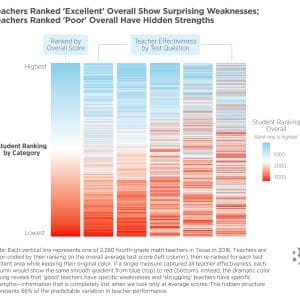- About
- Network
- Research Initiatives
- Big Data Initiative
- Chicago Experiments Initiative
- Health Economics Initiative
- Industrial Organization Initiative
- International Economics and Economic Geography Initiative
- Macroeconomic Research Initiative
- Political Economics Initiative
- Price Theory Initiative
- Public Economics Initiative
- Ronzetti Initiative for the Study of Labor Markets
- Socioeconomic Inequalities Initiative
- Research Initiatives
- Scholars
- Research
- Africa as a Success Story: Political Organization in Pre-Colonial AfricaSoeren J. Henn and James RobinsonMeasurement Matters: Financial Reporting and ProductivityJohn M. Barrios, Brian C. Fujiy, Petro Lisowsky, and Michael MinnisCalifornia’s Firearm Excise Tax is Almost Fully Passed on to ConsumersSara Drango, Sarah Moshary, and Brad Shapiro
- Insights
Videos
BFI Youtube Channel
- Events
Upcoming Events
- News












